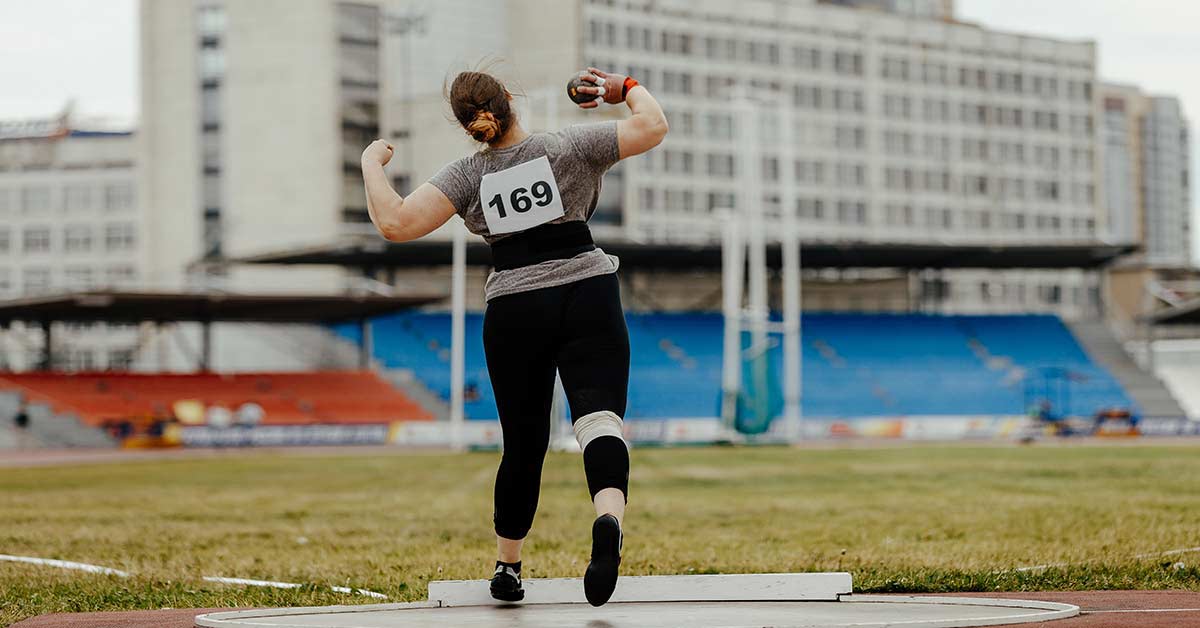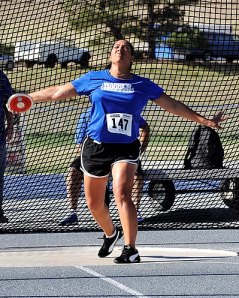Not known Factual Statements About 4throws
Wiki Article
About 4throws
Table of Contents4throws Can Be Fun For EveryoneExamine This Report about 4throwsSome Known Facts About 4throws.9 Simple Techniques For 4throwsSome Known Questions About 4throws.
If not, the young bottles may be more most likely to have elbow and shoulder injuries. It is common for an instructor to "secure" a pitcher when the optimum variety of pitches has actually been tossed or if the game situation requires a change. If the pitcher remains to play because game, he should be placed at shortstop or third base where long hard tosses are required on an already tired arm.This combination causes way too many throws and raises their risk of injury - Throwing shoes. The safest location is transferring to second or 1st base where the throws are shorter and much less stress and anxiety is put on the arm. It is also important to recognize the length of time to rest young pitchers in order to enable the very best recuperation between trips
Bottles must likewise ice their shoulders and arm joints for 20 minutes after tossing to promote healing. Body and arm fatigue adjustment mechanics and lead to injury.
Anyone can toss a ball "over-hand," however not everybody can do it well. While throwing a sphere shows up easy, it is in fact a complicated collection of movements. Exact pitching with pressure or rate needs the whole body and not simply the shoulder and arm. Every part of the bone and joint system is actually entailed.
All About 4throws

(https://writeablog.net/4throwssale/the-ultimate-guide-to-shot-put-throwing-shoes-and-discus-for-kids)The shoulder joint is consisted of 3 bones, scapulae, clavicle and humerus. The head of the humerus relaxes on the Glenoid fossa of the scapula where it expresses when the muscle mass of the shoulder contract to move the arm. The head is held "versus" the glenoid surface area through the 4 Rotator Cuff (RTC) muscular tissues, which act together and develop a pressure couple when the arm is moved.
The additional the shoulder can be on the surface turned while it is abducted, the greater the sphere can be thrown with force and rate, providing all other body components and motions are in synch. If any kind of facet of these technicians is "off," an injury can happen to the shoulder or elbow joint that can cause the inability to toss a sphere.
It is the start of the tossing movement, preparing the "body components" for the act of tossing a sphere. Motion happens in the reduced extremities and torso where the large bulk of "power" to toss a ball is produced. Javelins for sale. In this phase, the shoulder musculature is minimally energetic. This phase prepares the arm to be able to toss the ball.
The Ultimate Guide To 4throws
This shoulder placement puts the former upper quadrant musculature on a "stretch" and prepares it to contract powerfully when the arm starts to move on in the next phase of the throwing movement. The body starts to relocate onward in the direction of its target throughout this phase. The lead shoulder is guided at the target and the throwing arm continues to move into extreme outside rotation.
When the ball is released, the posterior quadrant musculature starts to contract eccentrically and strongly to decrease and control the rotational speed of the Humeral head. Theoretically, if the eccentric control of the Humeral head did not take place the arm would certainly continue to turn internally and "rotate" uncontrollable.
4throws for Beginners
The last phase of throwing is the follow-through. This stage reduces down all body activities and quits the forward activity of the body.
Throwing a sphere "over-hand" involves movement in all parts of the body. If the technicians are executed effectively, the round can be tossed with excellent speed and accuracy. If the body is trained appropriately, the act of throwing can be performed over and over again without creating an injury to the throwing shoulder.

Paul Whatley, M.D. "When I was a youngster, baseball was just in the spring and early summer, so kids had lots of time to recover from any issues credited to repetitive movements and stress," he states. "Now, in order to stay on top of everybody else, there is intense stress for gamers to go from the springtime season directly into summer 'All-Star' competitions and showcases, followed by 'Loss Round.' There can be extremely little time for the body to recover from a sport where rep is the essential to developing the muscular tissue memory for success.
7 Simple Techniques For 4throws
When this activity is performed over and over at a high rate of rate, it puts considerable anxiety on the development areas of the elbow joint and the anatomical framework of the shoulder, particularly in the late cocking and follow-through phases. Due to this, several of the most usual injuries seen in baseball players influence the shoulder and elbow joint.Report this wiki page